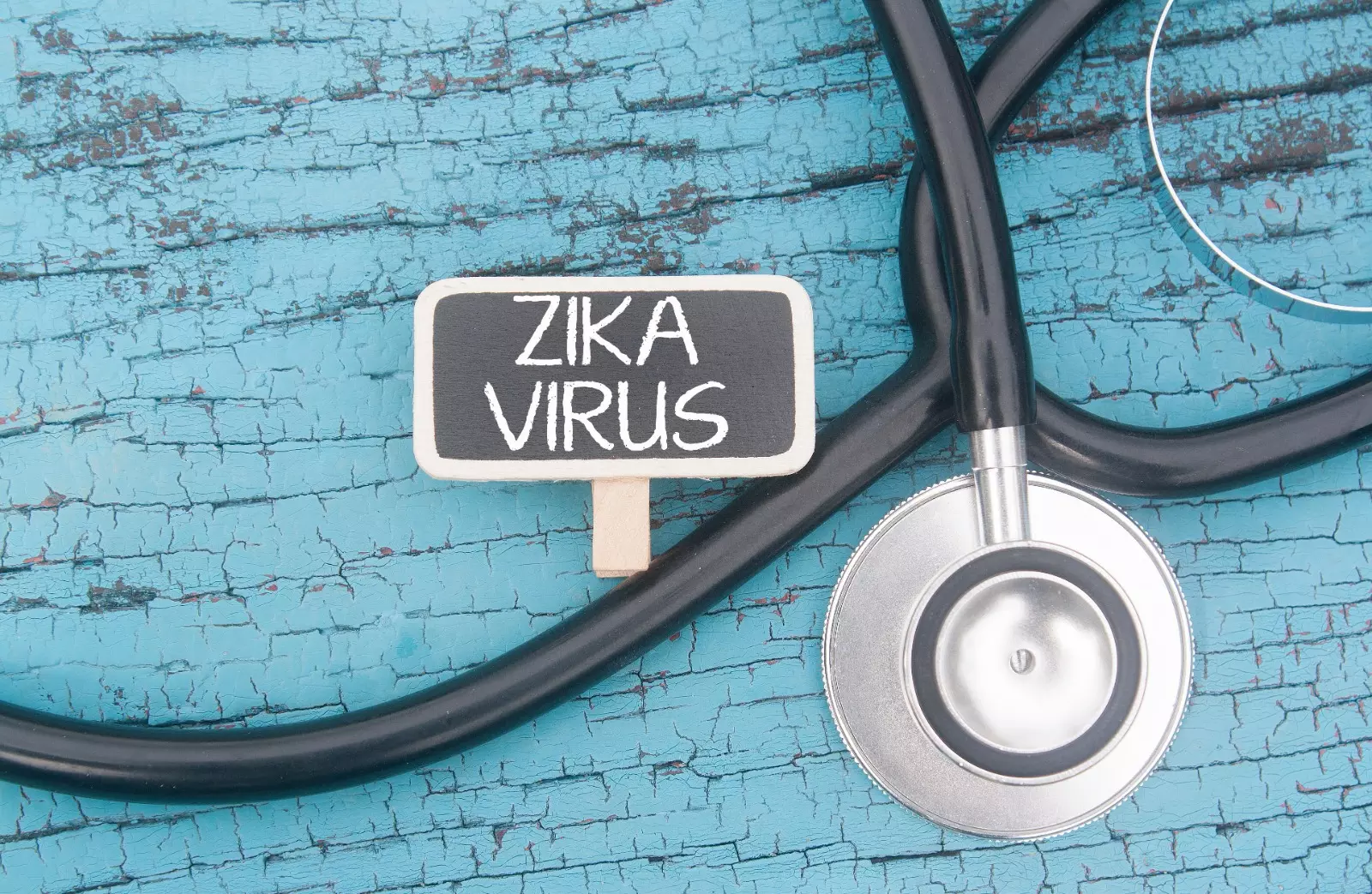How to Manage Zika Virus During Pregnancy

Zika virus, a mosquito-borne illness, was first identified in monkeys in Uganda in 1947.
Hyderabad: The Union Health Ministry has issued an advisory to all states following reports of Zika virus cases. The advisory emphasises the importance of maintaining constant vigilance and implementing proactive measures to control the spread of the virus.
Zika virus, a mosquito-borne illness, was first identified in monkeys in Uganda in 1947, with the initial human case reported years later. The virus has since spread to countries in Africa, Asia, and South America. From 2014 to 2017, the Americas experienced a significant Zika virus epidemic, including outbreaks in the US during 2015 and 2016. Recently, Zika cases have emerged in India, affecting states such as Kerala, Telangana and Maharashtra.
Symptoms of Zika virus
Most individuals infected with Zika virus do not exhibit symptoms. When symptoms do occur, they are usually mild and include rash, fever, muscle and joint pain, and conjunctivitis (red eyes). These symptoms typically appear 3-14 days after being bitten by an infected mosquito. Some countries have reported an increase in neurological issues, such as Guillain-Barré syndrome, during Zika outbreaks.
Transmission of the virus
The Zika virus primarily spreads through the bite of an infected female Aedes mosquito. It can also be transmitted from mother to fetus during pregnancy or childbirth. While the virus has been detected in breast milk, transmission through breastfeeding remains unconfirmed. Additionally, Zika can be spread through sexual contact.
Diagnosis
Diagnosing Zika virus involves RT-PCR testing of blood within seven days of symptom onset. The virus can also be detected in other body fluids such as saliva, urine, and amniotic fluid. In urine, Zika virus can be identified up to three weeks after symptom onset. Detection of IgM antibodies in maternal blood samples can also confirm the diagnosis.
Impact on Pregnancy
Zika virus infection during pregnancy can cause serious abnormalities in the baby, known as congenital Zika syndrome. This includes brain abnormalities like microcephaly (small head size), brain calcifications, limb contractures, increased muscle tone, eye abnormalities, and hearing loss. The risk is higher if the infection occurs in the early weeks of pregnancy. In 2016, the WHO declared a public health emergency due to Zika virus infections during pregnancy.
Dr. Tarakeswari, Chief Medical Director, Fernandez Hospital urged hospitals, “Please maintain constant vigilance by screening pregnant women for Zika virus infection and monitoring the growth of fetuses in expecting mothers who test positive”. Health facilities and hospitals are directed to appoint a nodal officer responsible for ensuring premises remain Aedes mosquito-free.
WHO recommends testing for Zika virus in pregnant women who show symptoms. Routine testing for all pregnant women in endemic areas is not advised. If an ultrasound detects microcephaly, a detailed history of recent travel or sexual contact with someone from Zika-affected areas should be taken. There is currently no vaccine or specific antiviral treatment for Zika virus. Treatment focuses on relieving symptoms, such as itching.
“Preventing Zika virus involves protecting against mosquito bites through measures at both the community and individual levels”, added Dr. Tarakeswari. Community measures include covering water containers, ensuring access to safe water, proper waste disposal, cleanup campaigns, and forming community cleaning groups. Individual measures include wearing clothing that covers the body, using permethrin-coated nets, and mosque to repellents like DEET, which is safe during pregnancy. Abstinence from sex or consistent condom use with partners returning from Zika-affected areas can prevent sexual transmission.
( Source : Deccan Chronicle )
Next Story

